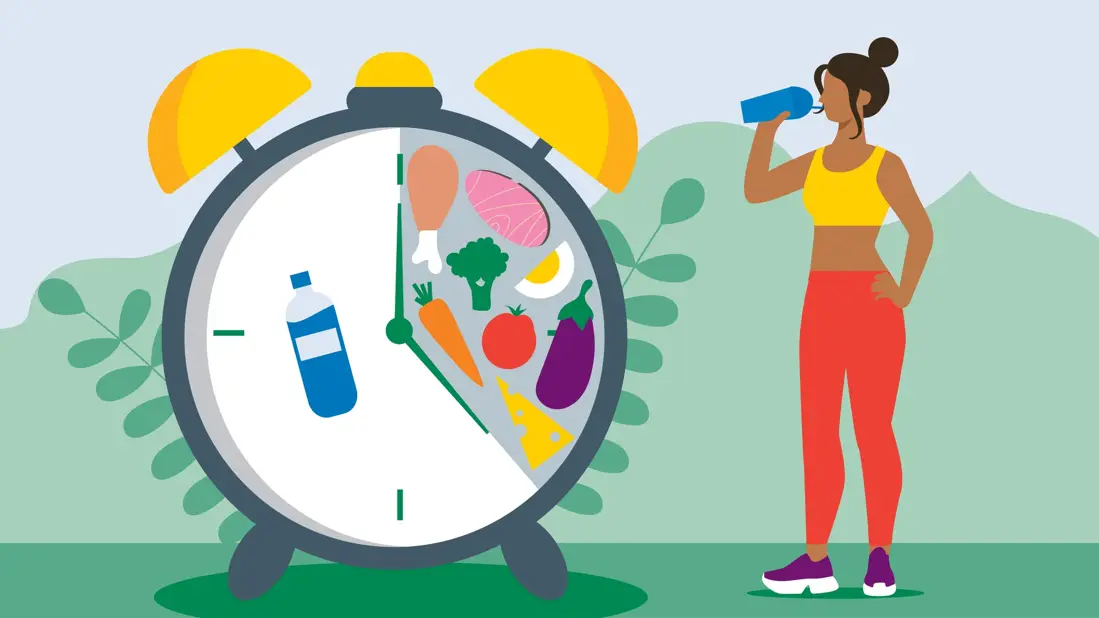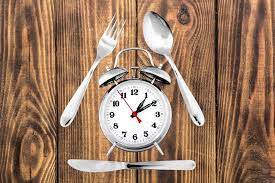So, you’ve started intermittent fasting and you’re loving how it makes you feel. More energy? Check. Fewer cravings? Check. Shedding a few pounds? Double check. But now you’re wondering: Can you do intermittent fasting every day? Is that even safe or sustainable?
Let’s dive into the real deal about intermittent fasting every day—what happens to your body, the benefits, potential downsides, and whether it’s the right approach for you.
What Is Intermittent Fasting Again?
Just in case you’re new to the IF (intermittent fasting) world, here’s a quick refresher.
Intermittent fasting is not about what you eat, but when you eat. It involves cycling between eating periods and fasting periods. One of the most popular schedules is the 16:8 method, where you fast for 16 hours and eat during an 8-hour window.
Other popular methods include:
- 14:10 — great for beginners.
- 5:2 — eat normally for 5 days, restrict calories on 2 days.
- OMAD (One Meal A Day) — more advanced.
- Alternate day fasting — fast every other day (not for the faint-hearted).
But here’s the big question: Can you do intermittent fasting every day?
The Short Answer: Yes, But…
Technically, yes—you can do intermittent fasting every day. In fact, many people do! It’s a lifestyle for some, not just a temporary weight loss method. But (and this is important), whether it’s right for you depends on your body, your goals, and how you feel.
Doing intermittent fasting every day can work great for:
- People trying to lose weight.
- Those who want to improve metabolic health.
- Anyone looking to simplify their eating habits.
But that doesn’t mean it’s the best move for everyone, all the time.
Benefits of Intermittent Fasting Every Day
If you’re consistent and do it right, intermittent fasting daily can offer some amazing benefits:
🧠 Mental Clarity
Many people report sharper focus and less brain fog during fasting periods. Your body isn’t busy digesting food all day, so your brain can work more efficiently.
⚖️ Weight Loss
This is probably why you’re here, right? Intermittent fasting can help you reduce calorie intake without counting every bite. Plus, it helps regulate insulin and promote fat-burning.
🛠 Improved Metabolic Health
Daily fasting may improve insulin sensitivity, reduce inflammation, and lower cholesterol—especially if you pair it with healthy food choices.
⏳ Cellular Repair
During fasting, your body initiates autophagy—a natural process that cleans out old, damaged cells and makes room for new ones. Think of it as internal housekeeping.
But Is It Safe Every Day?
Here’s where things get real. Just because something is good doesn’t mean more is better. Intermittent fasting every day might not work for everyone, especially if you:
- Have a history of disordered eating.
- Struggle with low blood sugar.
- Are pregnant or breastfeeding.
- Have certain health conditions.
Also, if you’re not eating enough during your feeding window, your body could start feeling the effects—fatigue, irritability, and even muscle loss.
Key takeaway? Listen to your body.
Signs You Might Be Overdoing It
If you’re doing intermittent fasting every day and notice these signs, you may want to take a break:
- Constant low energy or brain fog
- Difficulty sleeping
- Intense food cravings
- Hormonal imbalances (especially in women)
- Mood swings or irritability
You want fasting to work for you—not against you.
Tips for Doing Intermittent Fasting Every Day (The Smart Way)
If you’re ready to commit to intermittent fasting daily, here are some pro tips to make it sustainable:
1. Choose a Fasting Window That Fits Your Lifestyle
Don’t force a 16:8 schedule if it doesn’t work for you. A 14:10 or even 12:12 split might feel more doable—especially when you’re just getting started.
2. Focus on Nutrient-Dense Foods
What you eat during your eating window matters big time. Include:
- Lean proteins
- Healthy fats (avocado, olive oil, nuts)
- Complex carbs (sweet potatoes, quinoa)
- Lots of veggies
- Hydrating fruits
3. Stay Hydrated
Water is your best friend. Black coffee and herbal teas are cool too. Just don’t forget that dehydration can feel like hunger.
4. Be Flexible
You don’t have to be a fasting robot. If you’re starving one morning or have a family brunch, it’s okay to eat earlier. One day won’t ruin your progress.
5. Track How You Feel
Use a journal or app to track your mood, energy levels, and hunger. Over time, you’ll find a rhythm that works for you.
Should You Take Fasting Breaks?
Yes—and no. Some people thrive doing intermittent fasting every single day, while others do better with occasional breaks.
If you’re feeling great, have no energy crashes, and are seeing results, daily IF might be perfect for you. But if you hit a wall, it’s okay to take a day off. You’re not failing—you’re adapting.
Some people follow a 6:1 rhythm: fast six days, relax one day. Others stick with weekends off. You do you.
Intermittent Fasting Every Day vs. Occasional Fasting
| Intermittent Fasting Every Day | Occasional Fasting |
|---|---|
| Routine becomes habit | More flexibility |
| May improve discipline | Reduces stress |
| Easier to track progress | Less social pressure |
| Risk of burnout if too strict | Might lose momentum |
Final Thoughts
So, can you do intermittent fasting every day?
Yes, you absolutely can—but only if it feels good and fits your lifestyle. Intermittent fasting every day can help with weight loss, energy, and overall health, but balance is key.
Listen to your body. Fuel it well. Be consistent—but also be kind to yourself.
Whether you fast five days a week or seven, the real magic happens when you combine intermittent fasting with smart food choices and self-awareness.





